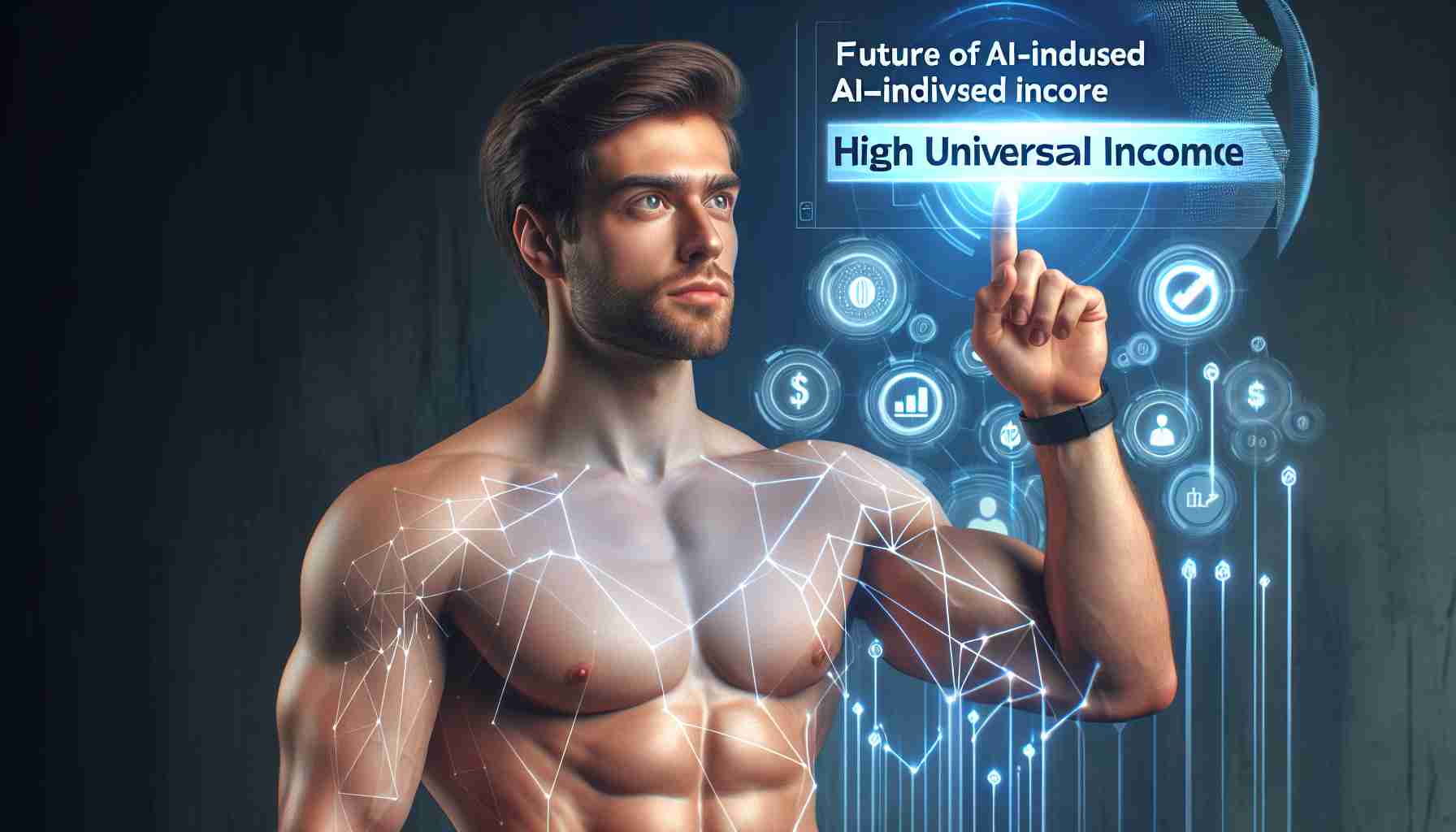Esteemed entrepreneur Elon Musk recently shared a thought-provoking perspective on the impending impact of artificial intelligence on the global workforce and economy. In a talk at the Viva Technology conference held in Paris, he posited that advanced AI will likely reduce the necessity for human labor drastically.
Holding numerous prominent positions, including CEO of Tesla and founder of multiple forward-thinking companies such as SpaceX and Neuralink, Musk suggested a future where jobs are scarce, not due to a lack of opportunities, but because of the capabilities of AI. He envisioned a scenario where people would receive a “high universal income,” as opposed to a basic one, ensuring there’s no lack of goods or services.
According to Musk’s estimates, there is an 80% likelihood that AI progress will lead to such abundance, rendering work optional. He pondered the existential implications of living in a world where AI and machines can outperform humans in every task, questioning the meaning of life when all needs are easily met by automated systems.
Previously, Musk warned of the disruptive potential of AI, calling it the “biggest existential threat” and predicting a future where work is done out of pleasure rather than necessity. As AI security becomes an increasingly intense focus, Musk’s predictions urge serious contemplation of the social and economic frameworks that will support humanity in a post-work era.
Important Questions and Answers:
What is a high universal income?
A high universal income, as suggested by Elon Musk, is an upgraded version of the basic income concept, where all citizens receive a regular, substantial sum of money from the government or another public institution regardless of employment status. This could help individuals meet not just their basic needs, but also allow for a comfortable lifestyle in a society where AI has taken over many jobs.
What are the key challenges associated with a high universal income?
The primary challenges include determining the sources of funding for such a program, managing its impacts on the economy (such as inflation and currency valuation), addressing potential decreases in motivation for individuals to work, and ensuring fair distribution without creating bureaucratic inefficiencies or opportunities for abuse.
What controversies surround the idea of a universal income?
Some of the controversies revolve around the societal impacts, such as the potential for increased government dependency, diminished work ethic, and the ethical implications of wealth redistribution. Critics also argue whether it is right or feasible to tax companies using AI at high rates to fund universal income.
Advantages and Disadvantages:
Advantages:
– Implementation of a high universal income could significantly reduce poverty and inequality.
– It could provide financial security and freedom, enabling individuals to pursue education, creative or entrepreneurial ventures.
– May lead to increased consumer spending and stimulate economic growth.
Disadvantages:
– Could lead to inflation if not properly managed, devaluing the high universal income’s purchasing power.
– Risk of reducing the incentive to work, potentially impacting productivity and economic growth.
– The fiscal burden on governments and taxpayers could be sustainable only if there’s a well-defined and effective funding mechanism.
As for related reputable sources on the topic of AI and universal income, interested readers may want to explore the official domains of relevant organizations and thought leaders. Here are some URLs to the main domains:
– OpenAI
– Tesla
– SpaceX
– Neuralink
– Basic Income Earth Network (BIEN)
Please note that links to other organizations’ websites are provided for informational purposes only and do not necessarily endorse any specific policies or views on the topic of AI and universal income.

